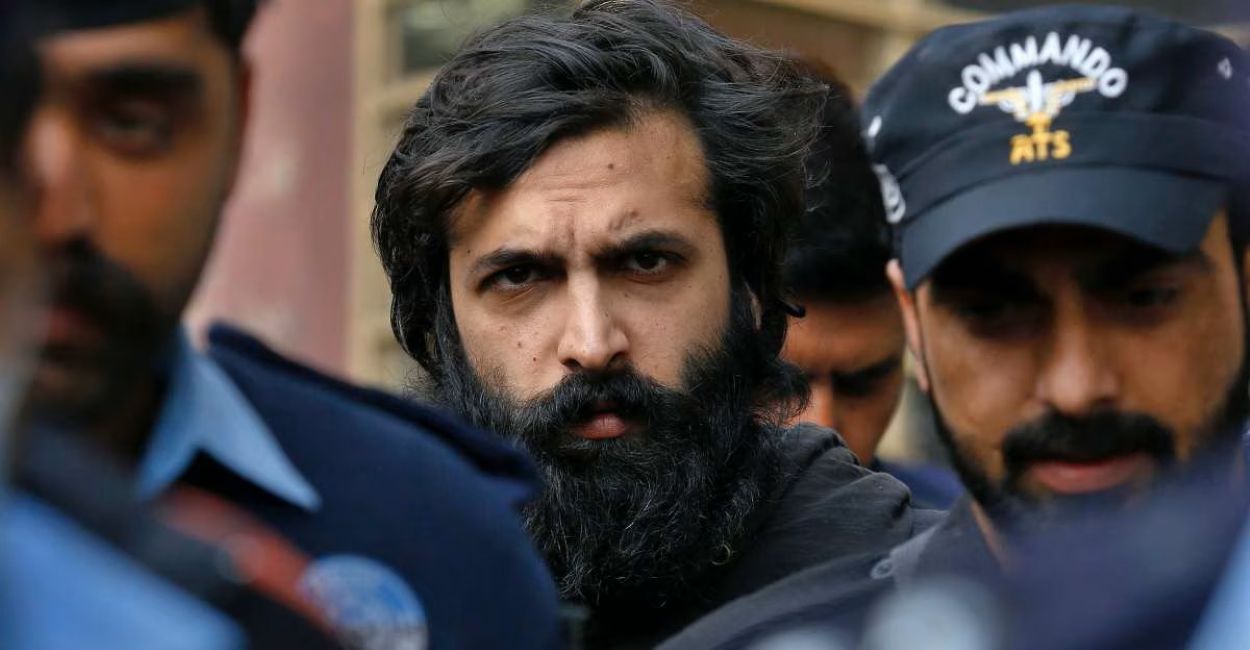Zahir Zakir Jaffer filed a review petition on July 22, 2025. He challenges the Supreme Court’s verdict upholding his death sentence for Noor Mukadam’s 2021 murder in Islamabad. Advocate Khawaja Haris submitted the 47-page plea under Article 188. It names the state and Noor’s father, Shaukat Ali Mukadam, as respondents.
Noor Mukadam, 27, was tortured and beheaded at Jaffer’s home in July 2021. The trial court and Islamabad High Court (IHC) upheld his death sentence for murder. The Supreme Court commuted a rape-related death penalty to life imprisonment. It also imposed a one-year term for wrongful confinement but acquitted him of kidnapping.
Jaffer’s plea claims the court ignored his alleged mental incapacity. It also argues social media bias violated fair trial rights. The petition states: “Hype created on social media created hatred towards the petitioner.” Additionally, it disputes rape evidence, claiming no record supports the charge.
The Supreme Court used video recordings from a digital video recorder (DVR). These supported the “silent witness theory,” allowing footage as primary evidence. Justice Muhammad Hashim Kakar said: “The silent witness theory lets photos speak for themselves.” Jaffer’s plea argues these were unproven in trial and relied on hearsay. The court noted Jaffer didn’t explain Noor’s presence at his home.
Jaffer considers a mercy plea under Article 45. Jail authorities seek a medical board to assess his mental health for inclusion. A presidential pardon could suspend his sentence.
The Supreme Court reduced sentences for watchman Mohammad Iftikhar and gardener Jan Mohammad. Their detention was deemed sufficient, leading to their release.
The case sparked outrage over gender-based violence. Jaffer’s review challenges judicial processes under public scrutiny. Jaffer’s petition disputes evidence and fairness. Its outcome may shape legal standards for digital evidence.






